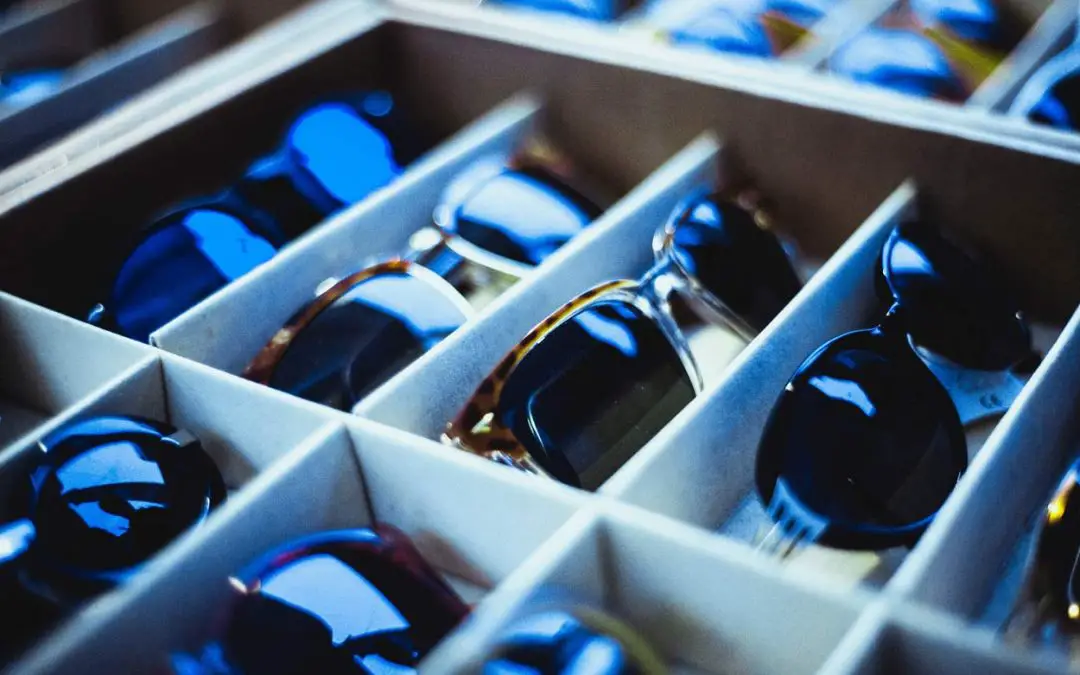Why You Should Buy Independent Eyewear
When do you think of sunglasses which brands come to mind? If you’re anything like me then the chances are the likes of Ray-bans or Oakley come to mind. But these brands have something all in common asides from their affinity for expensive eyewear.
This hidden truth is often overlooked by many but plays a big part in the history of these iconic designer brands and showcases a lot of their potential quality and the prices are willing to play. This article will hopefully explain all, and hopefully raise awareness of why I think, when it comes to eyewear, you should always choose independent eyewear brands. Let’s dig in.
Who is Luxottica?
Have you ever heard of the Luxottica group? If you plan on the stock market, the name might ring a bell. But if you’re like most, it’s probably not a business you are too familiar with. The reason this brand plays the most significant part in this story is they own a huge amount of influence over the world of eyewear dominating the eyewear industry.
As the world’s largest eyewear and sunglasses maker, with brands like Ray-Ban and Oakley, is also a lens maker and has been for more than 150 years. Luxottica is the world’s largest operator of ophthalmic surgical centers and has been one of the strongest lens companies since Oscar Lux was awarded the first patent for eyeglasses in 1849. Luxottica’s brands are sold in over 150 countries and territories, and it has over 18,000 retail locations worldwide. The company is also one of the largest employers in the U.S., employing over 110,000 people across the country.
Are Luxottica bad for the eyewear industry?
Luxottica is the lens company behind some of the most recognizable brands in the world, but the company has come under fire for its labor practices. Due to its large stake and dominance in the eyewear industry critics have charged that the company’s labor practices have kept prices artificially high. Many of Luxottica’s products are made in China, which has long been accused of exploiting workers. In some cases, critics have gone as far as to say that Luxottica itself is one of the world’s largest sweatshops.
This is a question that can divide a lot of people. When considering the exact definition of a Monopoly Luxottica doesn’t actually fit it exactly. That being said, any company that has such a large influence on any industry is sure to have negative effects. Inflated prices, lower quality, and control, and a lack of innovation. Ever heard of Monopoly? No, not the classic board game, but the term is given to a company that has huge market dominance, and with this power, is able to undermine the competition and artificially inflate the price of their brands/eyewear.
Analysts predict that Luxottica has close to 80% Market Share in the eyewear industry including owning not only some of the largest brands in the world (Ray-Bans, Prada, Oakleys, etc…) but also the manufacturing facilities behind them plus their huge stake in the retail and optometry industry showcase their true power. It’s unlikely you’re ever gone through life without owning, shopping, or getting your eyes tested at a company not owned/affiliated with Luxottica – and that’s a scary thought.
What do I take from all this?
I’m not writing this to try and deter you from Luxottica. After all, there’s a reason why they’re as big as they are and they own some of the most recognized eyewear brands in the world. That being said, this article is simply to make you aware of the potential downsides to such a large company when they populate such a large space in the eyewear industry.
This website is entirely dedicated to eyewear brands that are entirely independent, meaning, they have no affiliation with Luxottica in any way. Brands that try and do good, have sustainable practices and fair prices. Brands that go above and beyond for quality, elegance, and a good moral compass. Supporting big business is something I stand against and this website is here to educate you on the alternative eyewear options you have in a fragile but vibrant industry.

